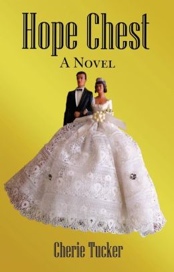Where You From?
by Cherie Tucker
We know that there are distinct regional differences in this large country. You could easily assume an accent from the South or from Boston, but those attempts usually don’t come across as authentic. There are phrases that can be used with those accents as well, but they won’t stand alone when used by unaccented speakers. A friend from Alabama once told me she would check her calendar, but she thought she “might could come to dinner.” With her accent, it was charming. The Southern director of my chorus said he wanted “all y’all” to sing this part, not just sopranos. We smiled as we all joined in. And a friend with a lovely Italian accent would say, “Now don’t miss me understand.”
These people have a right to these delightful expressions. But the line gets drawn at mispronunciations made by when someone is trying to speak traditional English. The other day I heard someone say “vunerable.” I hope it wasn’t you, because that’s not how you say it. First look at the spelling: vulnerable
Now break it into syllables: vul-ner-a-ble. Do this until you can say the syllables all together smoothly.
Now let’s look at “a whole nother.” The meaning is somewhat clear, but to clean it up, drop the “n” so it reads “That’s a whole other problem.” Or go for “That’s another problem.”
I once used these kinds of examples in a speech I gave to Toastmasters, an excellent organization that works on better speaking techniques. I told them that native English speakers had no excuse for making preventable language mistakes. When I had coffee with them after the speech, they all assumed foreign accents.
Cherie Tucker, owner of GrammarWorks, has taught writing basics to professionals since 1987, presenting at the PNWA conference. She currently teaches Practical Grammar for Editors at the University of Washington’s Editing Certification program and edits as well. GrammarWorks@msn.com.


